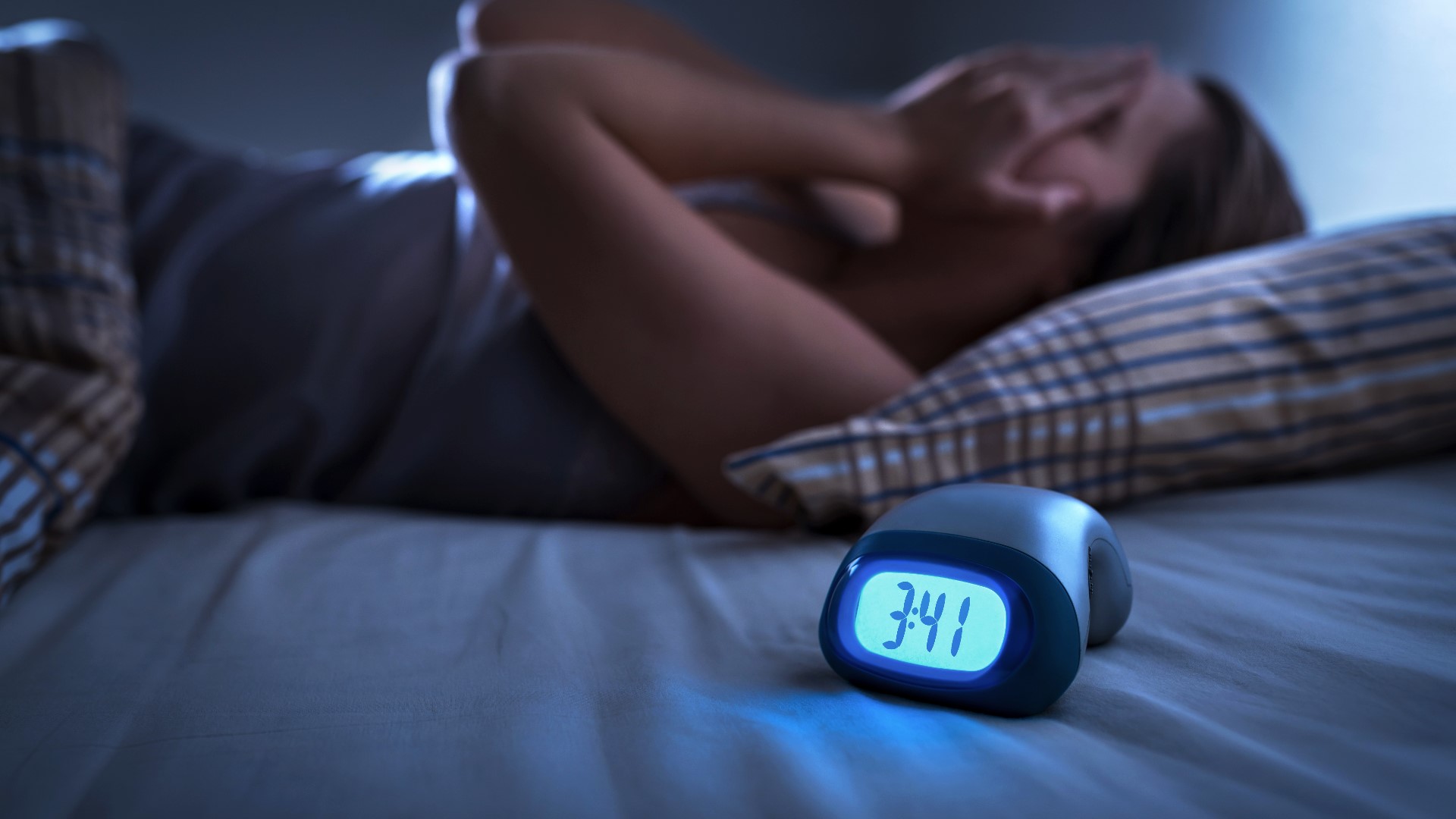NEW YORK — The time you go to bed may affect your risk for heart disease.
Researchers with the European Society of Cardiology studied the sleep habits of more than 88,000 people for about six years. They found that those who went to bed between 10 p.m. and 11 p.m. had a lower risk of developing cardiovascular disease compared to those who fell asleep before 10 p.m. and those who hit they hay after midnight.
Falling asleep regularly at midnight or later was linked to the highest increased risk of heart disease, about 25 percent higher. Those who went to bed before 10 p.m. had a 24 percent higher risk.
The findings were more pronounced in women than in men, though it is unclear why that is the case.
Researchers said a disruption in the natural body clock could explain the association found with a reduced risk of heart attacks and strokes.
"People don't oftentimes think of heart health when they think of sleep, they have a tendency to more think of cognitive health when they think of sleep," said Michael Breus, Ph.D, a clinical psychologist and sleep specialist. "But remember something when you're asleep - it's kind of giving your heart a little bit of a break to rest and relax and be ready for the next day. So when you shorten that time, your heart unfortunately doesn't get the rest that it needs."
Breus told the TODAY show to make sure you're getting to bed on time, to set an alarm for when it's time to turn in, have an accountability partner to make sure you're sleeping when you should be and to avoid doing anything that could cause time to slip away at bedtime, like scrolling on your phone.

